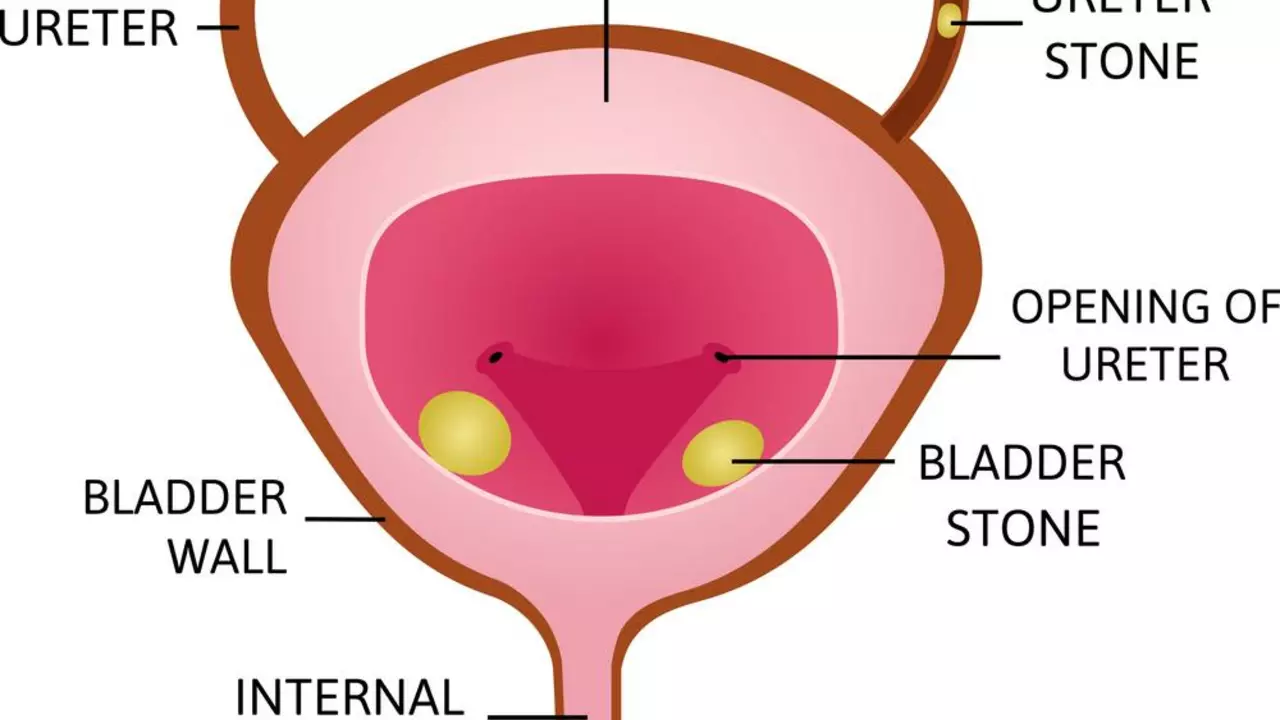Postpartum: Medication, Recovery, and Practical Safety Tips
New parenthood hits fast. Your body, sleep, and emotions all change at once. One big question is what medicines are safe right now—especially if you’re breastfeeding. This page gives clear, useful tips so you can make smart choices about pain relief, mental health meds, and buying medicine online.
Pain relief and common meds after birth
For most people, acetaminophen (paracetamol) and ibuprofen work well for pain and are commonly recommended after delivery. They usually won’t affect breastmilk. Avoid opioid combinations unless a doctor prescribes them, and ask about codeine — it can be risky for some breastfeeding babies. If you have high blood pressure, blood clots, or other chronic conditions, check with your clinician before stopping or changing prescriptions.
If you’re using decongestants for a cold, know this: pseudoephedrine can reduce milk supply for some people. Nasal steroid sprays or saline rinses are gentler options while breastfeeding. We have a full guide on pregnancy and decongestants that also helps new parents make safer choices postpartum.
Mood, anxiety, and postpartum depression
Feeling low, anxious, or disconnected after birth is common — but you don’t have to handle it alone. Talk to your provider early. Some antidepressants are considered compatible with breastfeeding; for example, clinicians often prefer sertraline because it tends to pass into breastmilk in low amounts. Still, medication choice depends on your history and needs. If you already take an antidepressant, don’t stop without talking to your prescriber.
If thoughts of harming yourself or your baby appear, get urgent help now. Emergency services, your doctor, or a crisis line can get you immediate support. Early treatment improves outcomes and helps you bond with your baby sooner.
Practical tip: ask a pharmacist which meds are safe with breastfeeding. They can explain dosages, timing (taking meds right after feeding can lower baby’s exposure), and alternatives.
Thinking about contraception? Progestin-only pills or implants are usually preferred while breastfeeding. Combined pills with estrogen can lower milk supply in some people, so discuss timing with your clinician.
Buying meds online? Stick to licensed pharmacies and require a prescription for prescription-only drugs. Our site has guides on how to spot unsafe online pharmacies and where to look for legitimate options. Never buy controlled substances from unknown sellers.
Watch for warning signs: heavy bleeding, high fever, severe pain, sudden shortness of breath, or severe mood changes. These need prompt medical attention. For everyday recovery, focus on rest when you can, a simple balanced diet, and small help from family or friends so you can heal.
Want more detail? We link to practical articles about breastfeeding-safe drugs, buying meds online, and postpartum mood treatments. If something feels off, reach out to your clinician — getting timely help makes recovery smoother for you and your baby.






